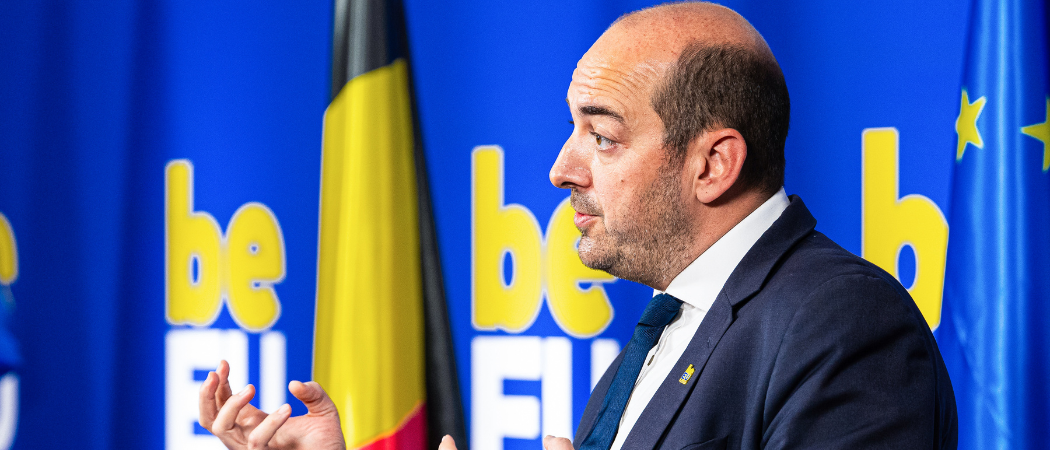Belgium has prioritized blockchain during its EU presidency, focusing on reviving the European Blockchain Services Infrastructure as Europeum to enhance secure transnational public administration. Despite this, the nation’s local blockchain ecosystem is predominantly driven by private initiatives rather than governmental leadership, with companies and private interest groups taking the lead while federal and regional authorities strive to keep pace.
For instance, the federal government’s launch of Blockchain4Belgium in February 2023 aimed to gather insights on boosting blockchain innovation, especially in the public sector. However, over a year later, the initiative has shown no progress, appearing stagnant with unanswered inquiries about its current status.
In contrast, Belgium boasts several innovative blockchain enterprises like SettleMint and T-Mining, which have successfully established and expanded their operations. SettleMint, founded in Leuven in 2016, offers foundational technology enabling organizations to leverage blockchain without developing their own systems. On the other hand, T-Mining, established in Antwerp in the same year, focuses on applying blockchain to enhance security in shipping container logistics, catering to 4,500 companies globally, including major players like the Mediterranean Shipping Company (MSC).
T-Mining’s blockchain network addresses the risk of container theft by creating unique, non-replicable tokens for each container, ensuring secure transfers among stakeholders in the ecosystem. This system not only enhances security but also provides an immutable audit trail for investigating a container’s history when necessary.
While T-Mining utilizes blockchain technology, it does not classify itself as a blockchain-centric company, maintaining informal connections within the local ecosystem. Instead, the company collaborates with integrators and software vendors serving the international maritime sector.
In a similar vein, LinkedCar, founded in Hasselt in 2020, has developed a platform facilitating drivers to collect and monetize their vehicle-related data. By utilizing blockchain for financial operations and ensuring data authenticity, LinkedCar incentivizes drivers to share data by offering tokens redeemable for various services like parking or insurance discounts.
The business landscape for blockchain technology in Belgium faces regulatory challenges, with companies like LinkedCar navigating complex regulations in the evolving data privacy landscape. The EU Data Act, effective from 2025, mandates continuous access to generated data, presenting a significant shift for industries reliant on connected devices.
Overall, Belgium’s blockchain ecosystem showcases a blend of private sector innovation and regulatory adaptation, with initiatives like DigitalWallonia4Trust in Wallonia and the EU blockchain sandbox fostering awareness and collaboration to propel the sector forward. Despite facing regulatory hurdles and the need for international expansion, Belgian blockchain companies continue to innovate and adapt to seize opportunities in the global market.

